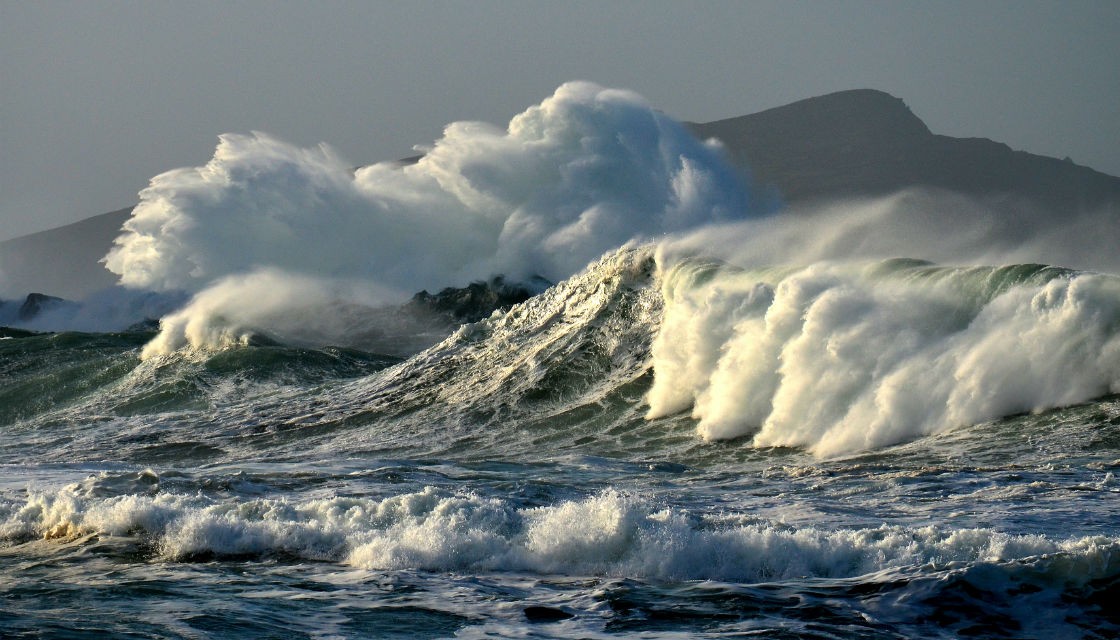While I've enjoyed many summer birthday celebrations, I was born in the winter. The cold and wet weather of this year's birthday felt like something of a flashback to 28 years ago. I was born in a small village on the banks of the Waal, a distributary of the Rhine, located on the Dutch Waterline. This elaborate network of defences historical protected the country from its small enemies (the Spanish, the French, the English, and the Germans) by harnessing the power of its greatest enemy: water.
Today this village is in a designated overflow zone. Based on population density, wealth, land value, industrial development certain areas in The Netherlands are ranked. Should the river banks and dikes be overwhelmed, overflows are triggered to limit damage. This is either done by engineering banks to be higher in some places than others or simply detonating dikes with explosives in an emergency. Both in peacetime and war, the only acceptable floods are those deliberately engineered.
A mandatory evacuation order was given a few weeks before I was born. The dikes across the country held and controlled floods were avoided, but the government wouldn't have hesitated to put my birth town under water if they had to protect more populous and industrial zones downstream.
This ruthless efficiency and commitment to resilient infrastructure is applied to power lines too. I've never in my life seen overhead lines in The Netherlands (or Europe in general). Long ago, the cost of outages was simply considered to be too high. The same applies to road fatalities—the "road to zero" is taken seriously there and sections of roadway or entire intersections are aggressively redesigned in the wake of most fatalities. Here our government just lowers the speed limits.
When it comes to resilient infrastructure, New Zealand could have all that and more. It's not that these things are expensive, but more so that we have a fat bureaucracy that's incapable of getting things done. Exorbitant sums of money are spent on who knows what—where did all the COVID money go? Billions on mental health? To say nothing about the endless bureaucratic sinkholes of "reforms" in the education, water, and health sectors. Measurable metrics of services delivered only get worse.
Events of the past few weeks are also clear indications as to the fakeness of climate change. If it were real, you would assume advocates (who control every level of bureaucracy and government) would have fortified every flood zone up and down the country to withstand storms even worse than the one we just had.
If this is the "new normal" for weather events and they're getting worse, then every true believer in climate change with political and institutional power has been making these improvements posthaste… right? No, first you need to own nothing, live in the pod, and eat the bugs.
There's a bonus in this for lazy politicians too. "My town flooded? Oh well, it's the fault of the non-believers and nothing to do with my lack of infrastructure maintenance and investment. If only you had spent the last ten years eating nothing but bugs then this wouldn't have happened." The climate cults can absolve you of all personal sins in favour of globalised ones.
Yet, to look for a silver lining, it's possible we'll see politicians call for "climate change proof infrastructure" or some such ideologically bulletproof phrase to get the investment that's needed past the gatekeepers.
In February 1953, The Netherlands experienced its worst ever floods. In the province of Zeeland, dikes were breached in 53 places. Nearly 2,000 people died; 30,000 livestock drowned; 50,000 homes were flooded; and the total damage adjusted for inflation was equivalent to around 10 billion NZD.
In the aftermath of the floods, previously neglected infrastructure projects were fast-tracked. Over the next 40 years, Zeeland's coastline and river delta were fortified in a project known as the Delta Works.
When serious floods once again threatened the country in February 1995, the river banks held.
